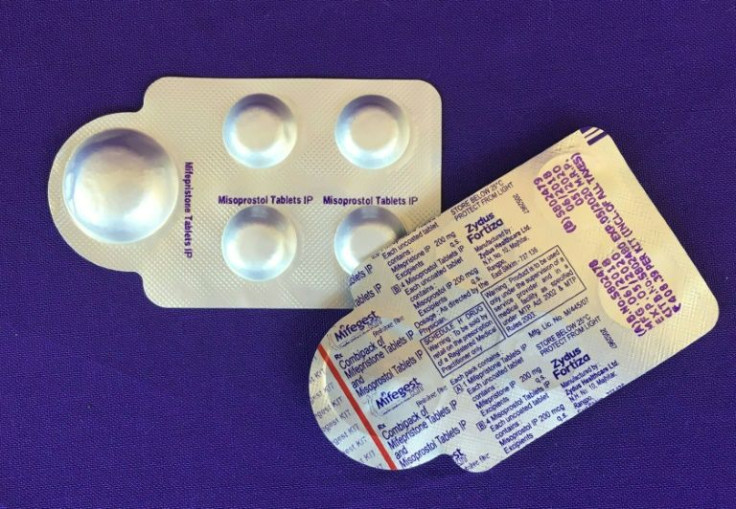FDA Says Abortion Pills Are Safe And Effective; How To Use Them, Side Effects
KEY POINTS
- A medication abortion consists of two pills, mifepristone, and misoprostol
- This combination is used in ending an early pregnancy of up to 10 weeks
- Medication abortion is highly effective with a success rate of 95-98%
The Food and Drug Administration has now decided to expand the availability of abortion pills by allowing them to be sold at retail pharmacies. But how safe are these pills?
The common medication abortion regimen in the U.S. consists of two pills – mifepristone and misoprostol. This combination is safe and effective in terminating a pregnancy of up to 10 weeks, according to FDA.
"Medication abortion within the first 10 weeks of pregnancy has been demonstrated to be so safe that sonograms are no longer needed to detect ectopic pregnancies before the medication is administered," Dr. Jacques Moritz, a board-certified obstetrician-gynecologist, told ABC News.
"Medication abortions pose no increased risk to the mother's health nor impact future pregnancies," Moritz noted. "Medication abortion can be likened to undergoing a spontaneous miscarriage in terms of the expected effects of the procedure."
However, women who have bleeding problems, long-term steroid therapy, adrenal failure, or an IUD (intrauterine device) present in the uterus should not use abortion pills.
How to take the medications?
The process starts with the oral administration of 200 mg of mifepristone and 24 to 48 hours later, 800 mg of misoprostol is taken buccally (in the cheek pouch). Women should follow up with their healthcare provider about a week or two after taking mifepristone.
Medication abortion is said to be highly effective with a success rate of 95-98%.
However, medication abortion does entail a few side effects such as greater than normal vaginal bleeding, pelvic cramping and pain, according to Planned Parenthood. Other common side effects include nausea, vomiting, diarrhea, fevers, chills, headache and dizziness. Typically, pain relief medication is required during this time.
Abortion pills should not be confused with Plan B or emergency contraception, which is used to prevent pregnancy after unprotected intercourse. They don't terminate an existing pregnancy.
Emergency contraception or Plan B contains levonorgestrel. This oral drug stops the ovulation and fertilization of an egg. The medication is ineffective against existing pregnancies and, therefore, cannot be used for abortion.
Another option
There are two ways to have an abortion - medical and surgical.
"Both are excellent options, and it really comes down to personal preference and sometimes logistics," Dr. Gariepy, the director of complex family planning at Weill Cornell Medicine said. "We saw an increase in the number of abortions that were accomplished via medical abortion during the pandemic because of all the various health restrictions, lack of access to clinics, etc. during COVID."
"The reasons someone may prefer a medication abortion is for privacy, the fact that you don't have to have surgery, and the fact that you can take the pills at home with a loved one, and your heating blanket," Gariepy added.

© Copyright IBTimes 2024. All rights reserved.




















